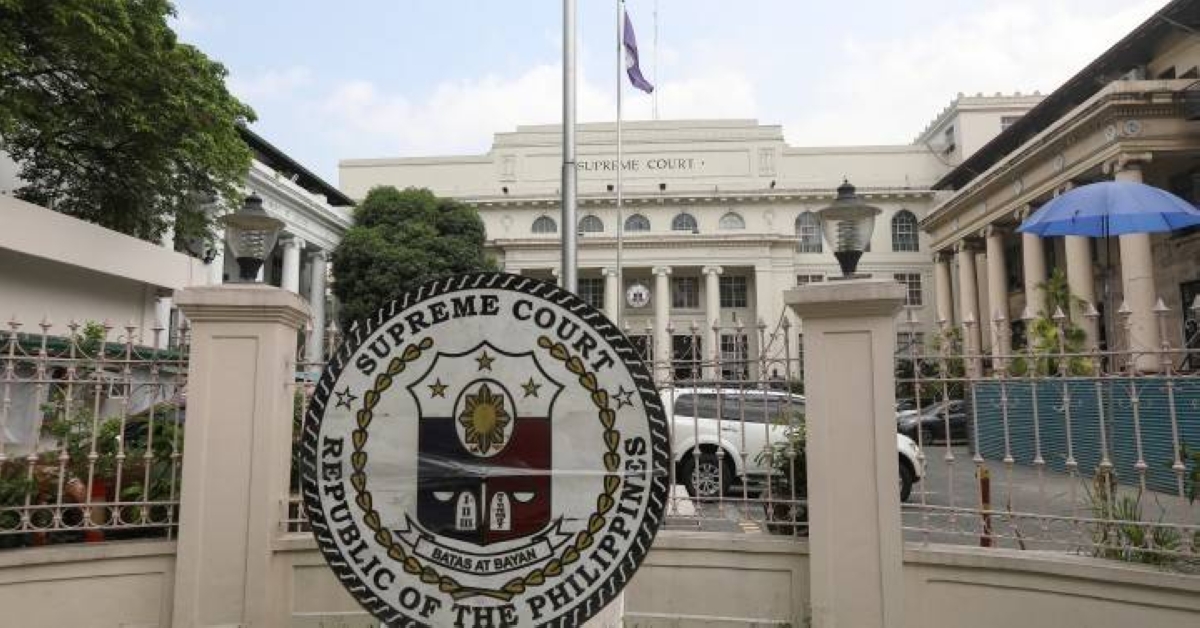The Supreme Court recently made a significant decision in a drug case, acquitting two suspects due to the failure of law enforcers to comply with the mandatory witness rule. This ruling, penned by Associate Justice Samuel Gaerlan, granted the appeal of Gerald Flores and Harrold Francisco, who had been convicted by the lower court for violating the Comprehensive Dangerous Drugs Act of 2002.
The case involved Flores, Francisco, and Louie Truelen, who were charged in 2016 for the sale of methamphetamine hydrochloride, commonly known as shabu, following a buy-bust operation conducted by the Quezon City Police District (QCPD). The evidence presented by the prosecution included a Chain of Custody Form and an Inventory of Seized/Confiscated Item/Property Form completed by the arresting officers. The latter form contained the names and signatures of several witnesses.
The Regional Trial Court (RTC) of Quezon City, Branch 77 found the accused guilty, noting that the validity of the buy-bust operation was not affected by the lack of coordination with the Philippine Drug Enforcement Agency (PDEA). The RTC also held that the actions of the police officers were presumed to be regular, as there was no evidence of any ill motive or intent to illegally incriminate the accused.
The Court of Appeals affirmed the RTC ruling, prompting Flores and Francisco to file a petition before the Supreme Court. Truelen’s criminal liability was extinguished in 2021 following his death while in detention.
In granting the appeal, the Supreme Court emphasized the importance of complying with the mandatory insulating witness rule. This rule requires the apprehending team to conduct a physical inventory of the seized items and immediately photograph them in the presence of the accused, their counsel or representative, a representative of the Department of Justice, the media, and an elected public official. These witnesses must sign the copies of the inventory and be given a copy as well.
The Court further clarified that the required witnesses should already be physically present at the time or near the place of apprehension. This requirement can easily be fulfilled by the buy-bust team, considering that the operation is a planned activity. The rationale behind this rule is to prevent the police from planting evidence, as the presence of witnesses during the seizure and confiscation of drugs ensures an unbroken chain of custody.
However, the Court noted that the mandatory insulating witnesses are not required to witness the arrest and seizure or confiscation of the drugs or paraphernalia. They only need to be readily available to witness the immediate inventory that follows.
In the present case, the Court found uncertainty regarding the time of the actual conduct of the inventory and the presence of the mandatory insulating witnesses due to deficiencies in the inventory form. The admissions from the police officers also revealed that the insulating witnesses were not readily available to perform their statutory functions, as it took them a significant amount of time to arrive at the police station.
The Court concluded that while it remains its duty to be the final arbiter when it comes to compliance with the witness rule, everything begins at the scene of the crime. The presence of the mandatory insulating witnesses at the time of seizure and confiscation is crucial to ensure the integrity of the evidence and prevent any misconduct by the police.
This ruling serves as a reminder of the importance of following proper procedures in law enforcement operations. It highlights the need for law enforcers to adhere to the rules and regulations set forth by the law to protect the rights of the accused and maintain the integrity of the criminal justice system.
In conclusion, the Supreme Court’s decision to acquit the suspects in this drug case due to the failure to comply with the witness rule sends a clear message that procedural requirements must be strictly followed. Upholding the rule of law and ensuring fair and just proceedings are essential for maintaining public trust in the justice system.







